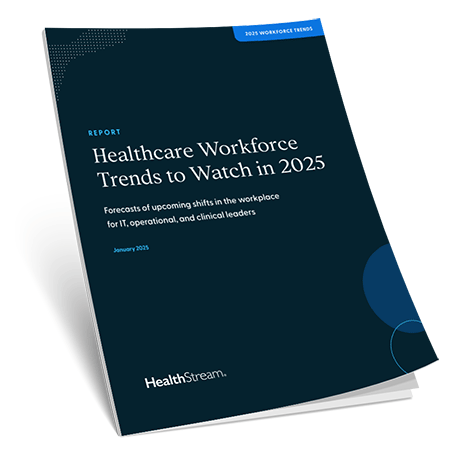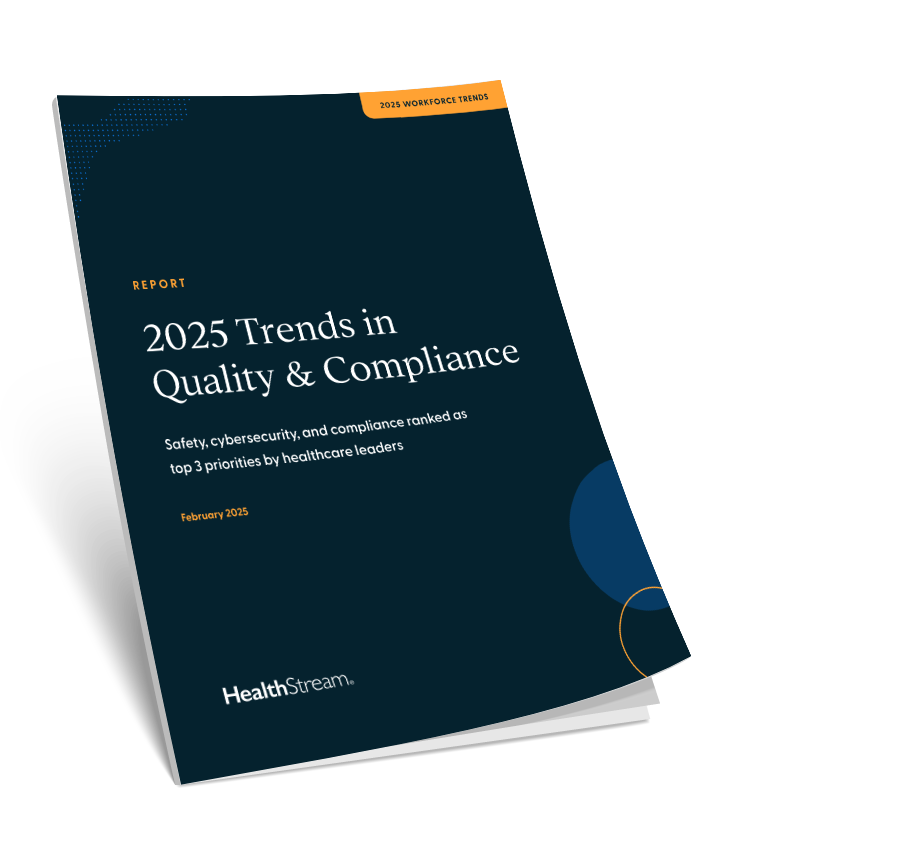Webinar30
Achieving Excellence in Workforce Readiness with Adelante Healthcare and the HealthStream Learning Center®
July 23<sup>rd</sup>, 2025 | 1:00PM CT
Don’t miss this opportunity to learn directly from a nationally recognized FQHC that has redefined workforce performance and compliance success.

.png?sfvrsn=508a48f_1)

